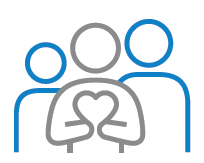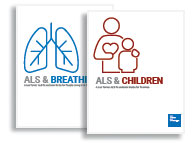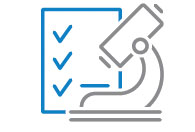Making the Most of Your ALS Clinic Visit
Your ALS care team is made up of specialists in:

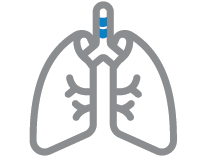
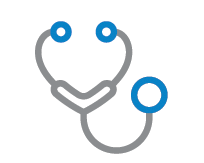
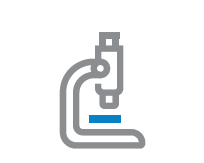
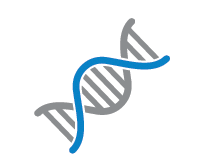

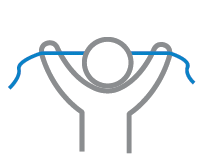
Physical therapy/ Occupational
therapy

Speech
therapy
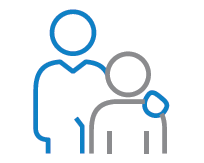
Social
worker

Learn more about parking and getting to the clinic.
Bring your parking ticket to your clinic visit and present it to a Les Turner ALS Foundation representative or clinic nurse for a complimentary voucher. Please note whether you have parked in the A, B, C, or D lot so that you receive the correct voucher. Do not allow Northwestern staff to validate your ticket as you will not receive free parking.
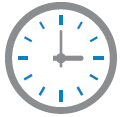
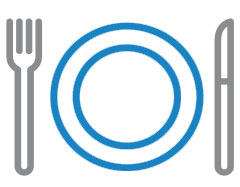
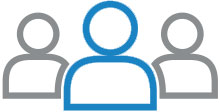
Communicating with your ALS care team

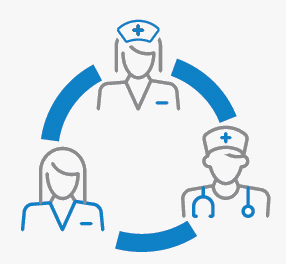
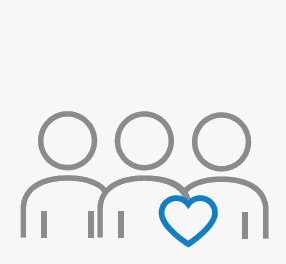
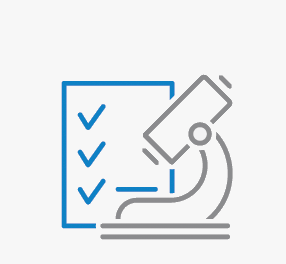

Preparing in advance to make the most of your clinic visit
Clinic visits provide a lot of information. It can feel overwhelming and it can be difficult to remember specific questions for your care team. We encourage you to prepare in advance by making lists of the different ways ALS is impacting you and writing down specific questions. We suggest bringing a notebook and pen and asking a family member or friend to take notes.
Here are some lists and questions to consider when preparing for your visit:
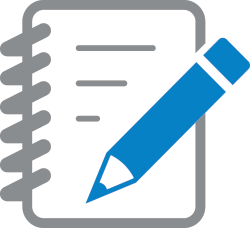
List the different ways ALS is impacting your daily activities.
List the changes you or others have noticed in your body, speech, swallowing, breathing, or thought processes.
List when these changes occur most frequently and what helps alleviate them. While some of these changes may be difficult or uncomfortable to acknowledge, this is valuable information for your care team and will improve the care you receive.
List your medications and supplementations. Have you made changes to the medications? Are you experiencing side effects?
Questions to ask:
1 What are the FDA approved medications for ALS?
2 Are there clinical trials and research studies that might be appropriate for me?
3 What can I learn from genetic testing?
4 What are some suggestions for maintaining my weight?
5 How does ALS affect breathing?
6 How much and what type of physical activity can I do?
7 What are some things I can expect as my ALS progresses? How can I best plan for these changes?
8 What are some options for recording my voice?
9 Is there anything else I can be doing to help with my ALS?
10 Where can I find additional help?
How to schedule follow-up clinic visits and communicate with your Lois Insolia ALS Clinic team
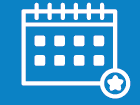
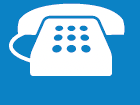
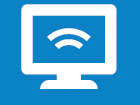

Looking for in-depth information about ALS symptoms and care options?
Learn more about ALS Clinical Research
There are several ongoing clinical trials in ALS that have the potential to slow down disease progression and/or manage symptoms. We encourage you to talk with your doctor about deciding to join a study that may be right for you. Clinical research in ALS at the Les Turner ALS Center at Northwestern Medicine encompasses a broad range of work, including biomarker studies, open label therapeutic studies, natural history studies and clinical trials.
To learn more about ALS clinical research, visit Northeast Amyotrophic Lateral Sclerosis Consortium.
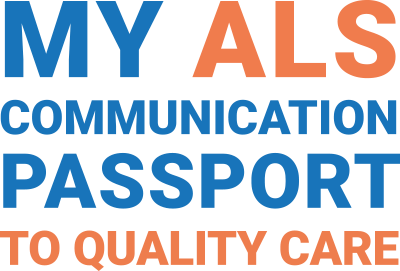
My ALS Communication Passport to Quality Care
